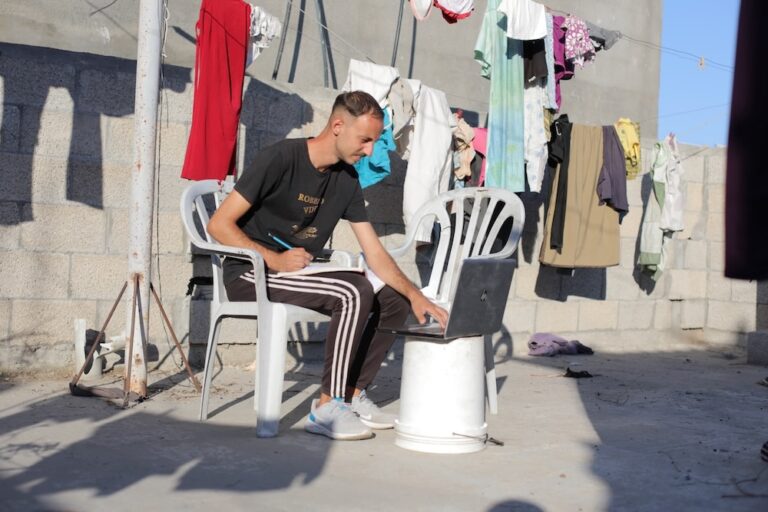(IAPA/IFEX) – Miami, Florida, May 1, 2009 – With certain exceptions freedom of the press is still in force in the Americas, yet it is overshadowed by the hostile attitude of intolerant heads of state, by the global economic crisis that is affecting the newspaper industry, and by the violence unleashed against journalists and news […]
(IAPA/IFEX) – Miami, Florida, May 1, 2009 – With certain exceptions freedom of the press is still in force in the Americas, yet it is overshadowed by the hostile attitude of intolerant heads of state, by the global economic crisis that is affecting the newspaper industry, and by the violence unleashed against journalists and news media.
In Venezuela, Argentina, Ecuador, Nicaragua, Bolivia and Uruguay criticism of government actions is not welcomed. Any position differing from the official one is rejected, pressured and punished. Diverse methods are applied to silence opposing views, including the reduction or withdrawal of official advertising from some media while, in contrast, those supporting government policies soon receive unexpected benefits.
A number of positive events have occurred over the first part of this year: a decision last week by Brazil’s Supreme Court to abolish the Press Law, a relic of the dictatorship that infringed upon free speech guarantees protected by the 1988 Constitution; a February court ruling in Argentina that ordered the government to grant advertising to Perfil newspaper after determining that it had been granting government advertising as a means to reward or punish the media; the positive trend of governments’ enacting laws on access to public information, such as the ones that have just gone into effect in Chile and Guatemala; as well as other acts of government openness and transparency witnessed in the United States and Canada.
For the recent Summit of the Americas in Trinidad and Tobago, IAPA issued a public appeal to Western Hemisphere heads of government to uphold freedom of expression and the press as the foundations for consolidating democracy; with the same objective we launched an international advertising campaign to increase awareness of the importance of freedom of expression among citizens.
Our work has focused largely on demonstrating that the murder of one journalist implies violation of a number of fundamental rights – the right to life, to free speech and, by extension, when a reporter is silenced the people’s right to know comes to an end. That is what has occurred with the murders of 14 journalists since Press Freedom Day in 2008. We deplore the recent murder of a journalist in Colombia, because of his profession, after 20 months without any such incident in that country. Six members of the press were killed in Mexico, two each in Guatemala and Venezuela and one each in Ecuador, Honduras and Paraguay: Luis Daniel Méndez, Jean Paul Ibarra Ramírez, Armando Rodríguez, David García Monroy, Miguel Angel Villagomez and Alejandro Fonseca Estrada of Mexico; José Everardo Aguilar of Colombia; Rolando Santis and Jorge Mérida Pérez of Guatemala; Orel Sambrano and Pierre Fould Gerges of Venezuela; Raúl Rodríguez Coronel of Ecuador; Rafael Murguía of Honduras, and Martín Ocampo Páez of Paraguay.
Several events were held on the issues of the lack of justice and impunity, two concerns that the IAPA pursues with persistence. During an April conference in Mexico, governments were called on to conduct the war against organized crime and drug traffickers in accordance with the strictest standards of transparency and open channels of information. At the same time, journalists and news media were encouraged to improve their professional conduct and editorial policies. Additionally, in April we held a forum in Colombia where public prosecutors, judges and journalists agreed on the need for reforms in what has become known as “justice of rewards” to restrict paroles and sentence reductions and to set minimum prison terms for journalists’ murderers.
In November last year we appealed to public officials in Peru to pass legislation to end impunity, toughen penalties for crimes of violence against journalists, extend the statutes of limitations, and create a special jurisdiction for dealing with journalists’ murders; just as we have pursued changes in Mexico where we have urged authorities to make crimes against journalists federal offenses.
To read the full message, see: http://www.sipiapa.com/v4/index.php?page=cont_comunicados&seccion=detalles&idioma=us&id=4180


